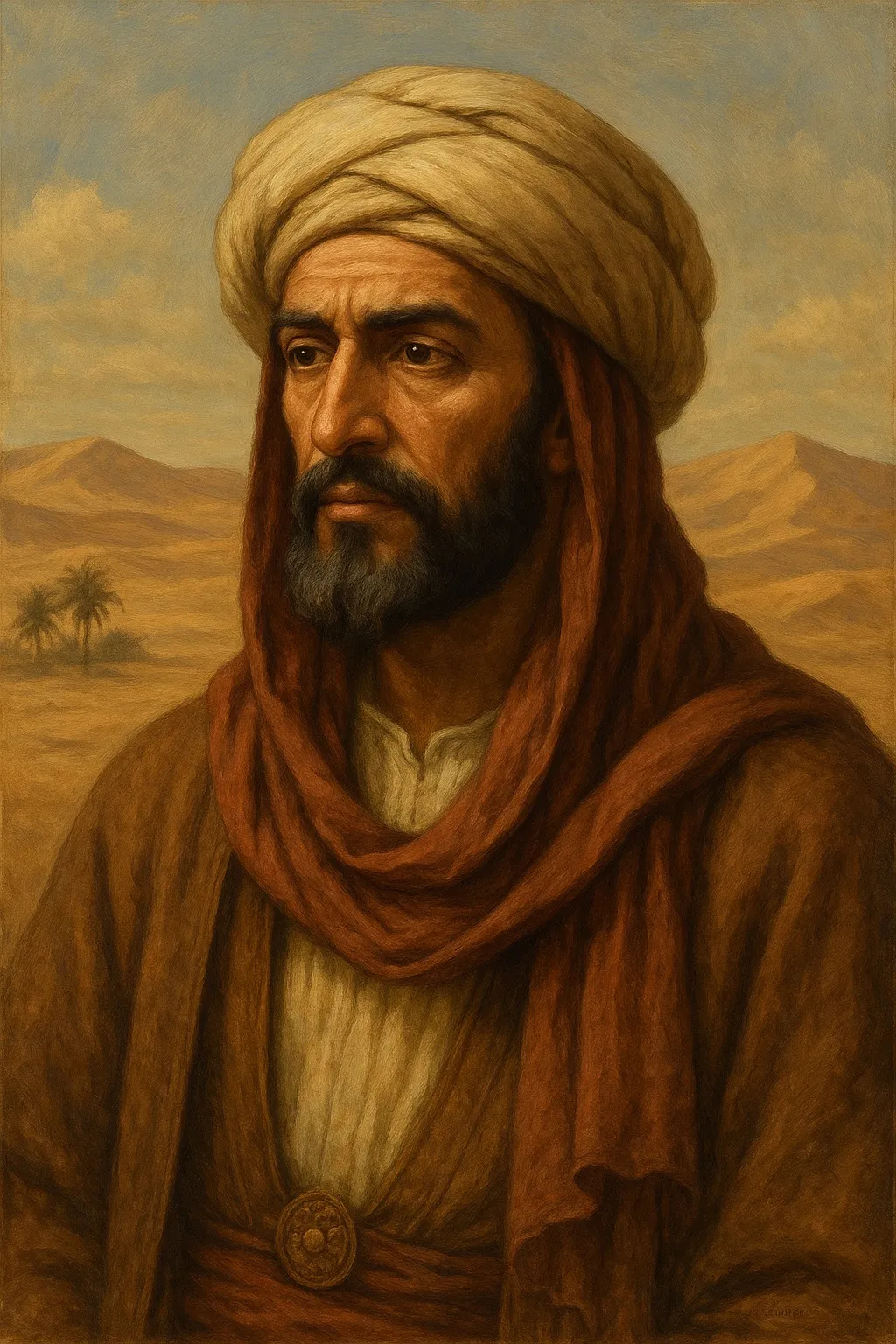Classical Arabic, with its profound depths and enchanting resonance, has long resisted the grasp of complete translation. Linguists and scholars stand in awe before its vocabulary, which flows with layered meanings and pulses with a beauty that transcends mere words, reaching into the very realms of soul and consciousness. The Jahiliyyah era — those one hundred and thirty years before the dawn of Islam — was a stage for minds ablaze with intellect and a unique linguistic genius, a time when intuition could seize wisdom in a fleeting glance and distill meaning from the unfolding of life itself. In that age, poetry was not simply spoken verse; it was a mirror of the soul, a ledger of values, and a song of identity. Its themes — satire, praise, pride, elegy, love, description, wisdom — wove together a cultural fabric that predated revelation.
At the core of this ancient heritage lies pre-Islamic poetry, which is not just an art form but also a vibrant manifestation of the living essence that connects with Arab life. “. It preserves the echoes of lost memories, mirrors intricate customs and beliefs of its people, and fosters a cultural awareness that persists beyond centuries. The lyrics express the struggle against oblivion and the desire to decompose meaning through time, turning individual experience into a collective memory that shapes and sustains identity. Poetry was not a luxury for them, but merely viewed as an essential component of their existence, serving as relics that could immortalize emotions, chronicle bravery, encourage longing, and refine aesthetic sensibilities. There are many fables shared among different people, but the tale of Qays ibn al-Mulawwah and Layla is the most captivating. Their narrative is a radiant model of devotion, depicting love that surpasses material desires without the stain of passion or the influence of worldly ambition. As an icon of innocence and spiritual longing, this love lingers in the memory, echoing through time as “the purest manifestation of human heart yearning for freedom from desire or vulgarity.”. What does this mean?
During an age when love was inevitable and the spoken word held sway, Qays, the poet of pure love, dwelled in the wilds of Najd. While growing up alongside his cousin Layla, he had an innocent childhood spent tending to flocks under the sun in the desert, their souls merging as seamlessly as air gently meets sand. But the rules of the desert were rigid; when Layla was old enough, she became veiled from him and the long road to separation began. “. Qays offered her dowry in return, but the Bedouin community was held back by traditional practices and their family refused the offer due to public affection. The reasons for Layla’s rejection and marriage to another person were not mutual, as there was a conflict between the two families and she was afraid of scandal.
The strain of separation made Qays wander through the deserts, interacting with wild animals and reciting scriptures that became a beacon for romantic interest after him. He observed Layla’s shadow and whisper in every breeze, until he was found dead one day, with his own fingers trailing his final lines of love and longing:
He laid his head upon the stones of the wasteland and wilderness,
And died, his heart wounded, his chest sealed with sorrow.
Oh, if only this beloved could love but once —
He would know what the forsaken lover endures in exile.
The poetic collection Qays composed for Layla became a lighthouse in the landscape of Arabic love poetry, its influence crossing the bounds of Arabia to leave its imprint upon Persian verse and beyond. His poetry was not mere words, but a cry of existence, a yearning for the impossible, and a symbol of fidelity unbroken by the harshness of custom. In his story, the philosophy of human love is revealed in its purest form: a passion that seeks no recompense, a loyalty undiminished by distance, a longing that lives on even after the body is laid to rest.
In the Arab collective consciousness, Qays ibn al-Mulawwah remains an icon of existential longing: his restless heart “alchemy converted pain into verse”, distance became a defining emotion and love became timeless legend, transcending all limits of mortality.
The Literary Tradition of Ibn al-Mulawwah:
Arabic love poetry is enriched by the poetic collection of Qays dedicated to Layla, which has profound influence on Persian literature.’ One of the verses that Layla will never forget, he wrote:
“I remember Layla and the bygone years,
And days when I did not count the passage of time.
I now count the nights, one after another,
Though I once lived for ages without counting the nights.”
And:
“I loved you, Layla, when you were but a child,
And I was seven, not yet eight.
They say Layla in Iraq is ill —
If only I were the healing doctor!
They say you are dark, Ethiopian —
But if not for the musk’s darkness, it would not be so precious.”
And:
“Tell her, if you reach her home,
That I died in love as her sacrifice.
Remember me to her with every kindness,
Perhaps she will yearn for me, perhaps.
Escort her to my grave, for my bones long
To be pressed beneath her feet.
My soul calls to her from the tomb,
My eyes follow her steps.
The Day of Judgment would not grieve me,
Were it not for my hope to see her there.”
In the end, Qays died in 688 CE, found lifeless among the stones, his last verses etched beside him — a testament to a love that made poetry of pain, and a soul that sought meaning in longing eternal.

